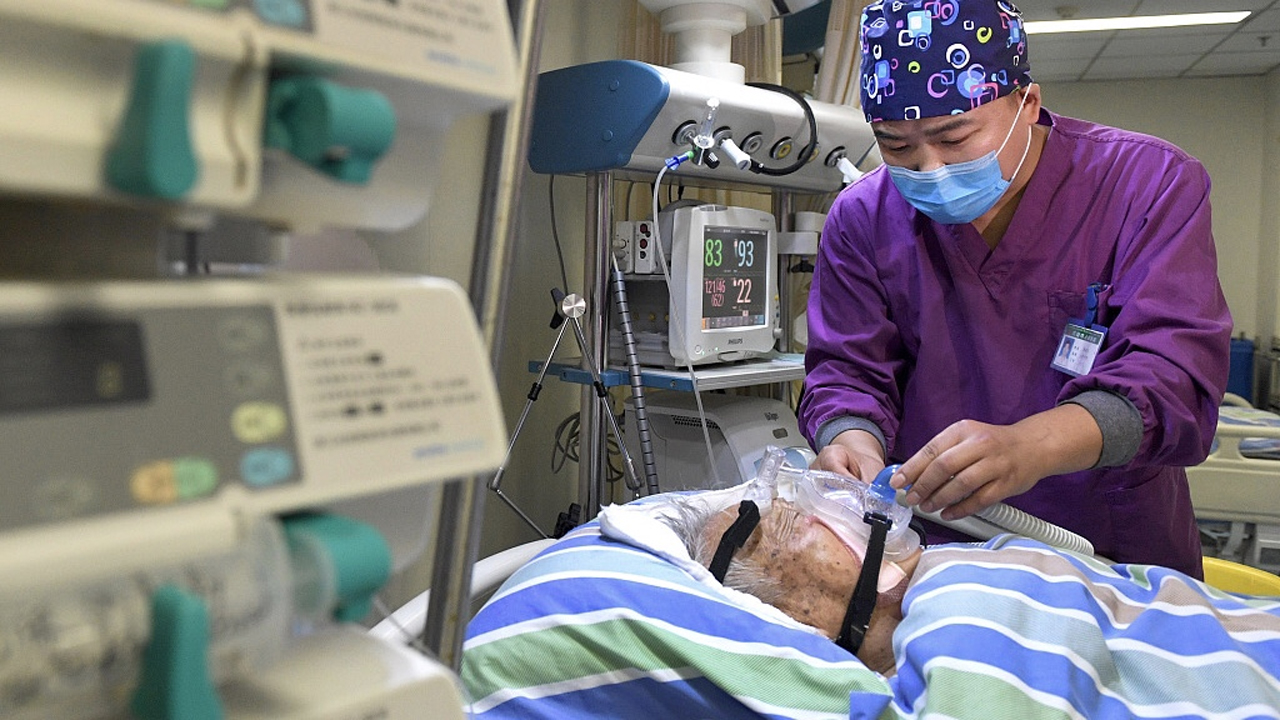The CALAVI Phase II trials for Calquence (acalabrutinib) in patients hospitalized with respiratory symptoms of COVID-19 did not meet the primary efficacy endpoint. The addition of Calquence to best supportive care (BSC) did not increase the proportion of patients who remained alive and free of respiratory failure. No new safety signal for Calquence was observed in the trials.
José Baselga, Executive Vice President, Oncology R&D, said: “Since the beginning of the year, AstraZeneca has been committed to doing everything we can to respond to COVID-19, including investigating existing medicines as potential treatments. The CALAVI trials were launched based on preclinical and early clinical evidence that Calquence could decrease the hyperinflammatory immune response and improve clinical outcomes in patients hospitalized with respiratory symptoms of COVID-19.1 While the CALAVI results are disappointing, we remain committed to advancing science that helps patients during this unprecedented global pandemic, including clinical trials for the AstraZeneca Oxford coronavirus vaccine and our long-acting antibody combination.”
The CALAVI program comprised two Phase II trials investigating acalabrutinib plus BSC versus BSC alone in hospitalized patients with COVID-19 disease.
The safety and tolerability profiles for Calquence in the CALAVI Phase II trials were consistent with previous trials. The data will be presented in due course.
Results from the CALAVI Phase II trials do not impact approved indications or pending approvals for Calquence in patients with blood cancers.

 CALAVI did not meet the primary endpoint of increasing the proportion of patients who remained alive and free of respiratory failure
CALAVI did not meet the primary endpoint of increasing the proportion of patients who remained alive and free of respiratory failure









.jpeg)







.jpeg)

.jpg)










